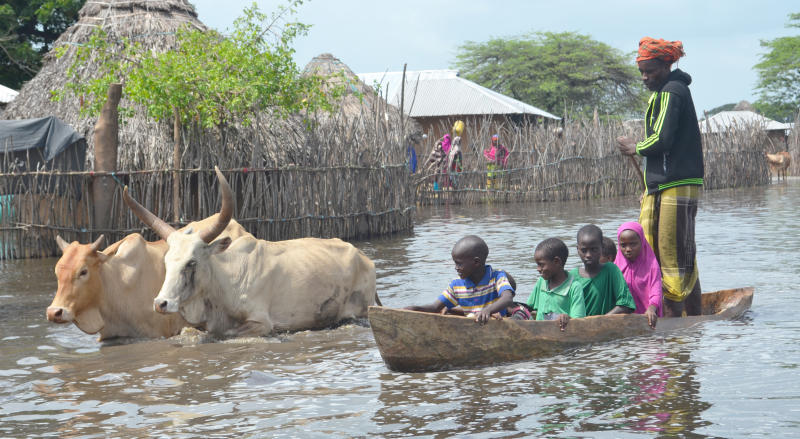×
The Standard e-Paper
Kenya’s Boldest Voice

Residents of Tana Delta in Tana River County have not enjoyed the festive season this year as a result of the floods that have hit the area.
Some of them have been marooned in their villages for the last two months and are blaming their misery on the county and national governments, which they accuse of neglecting them.